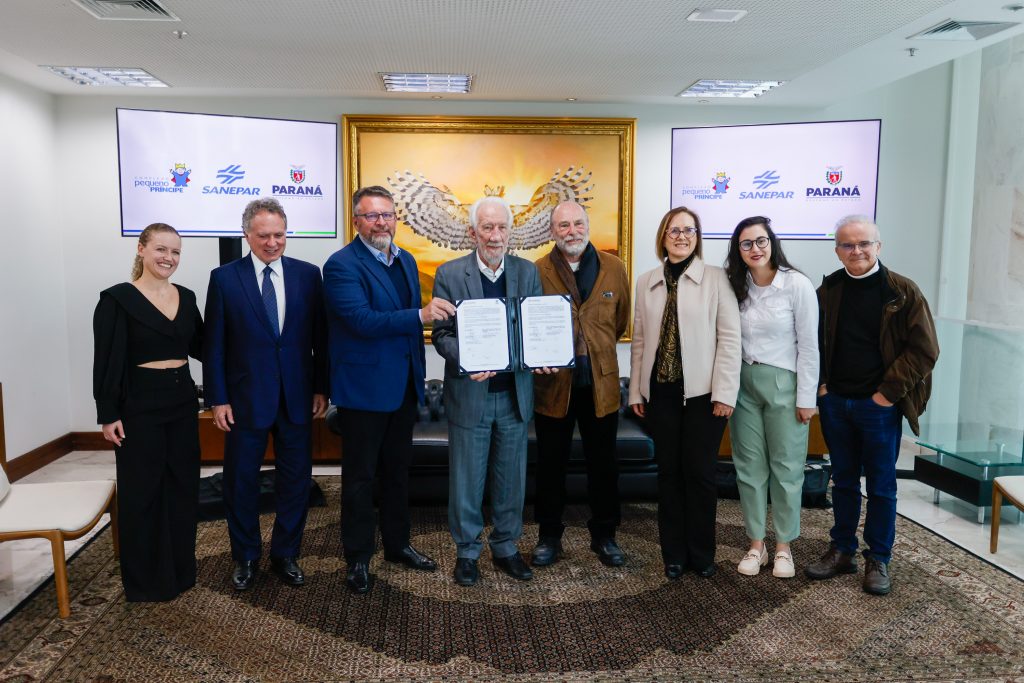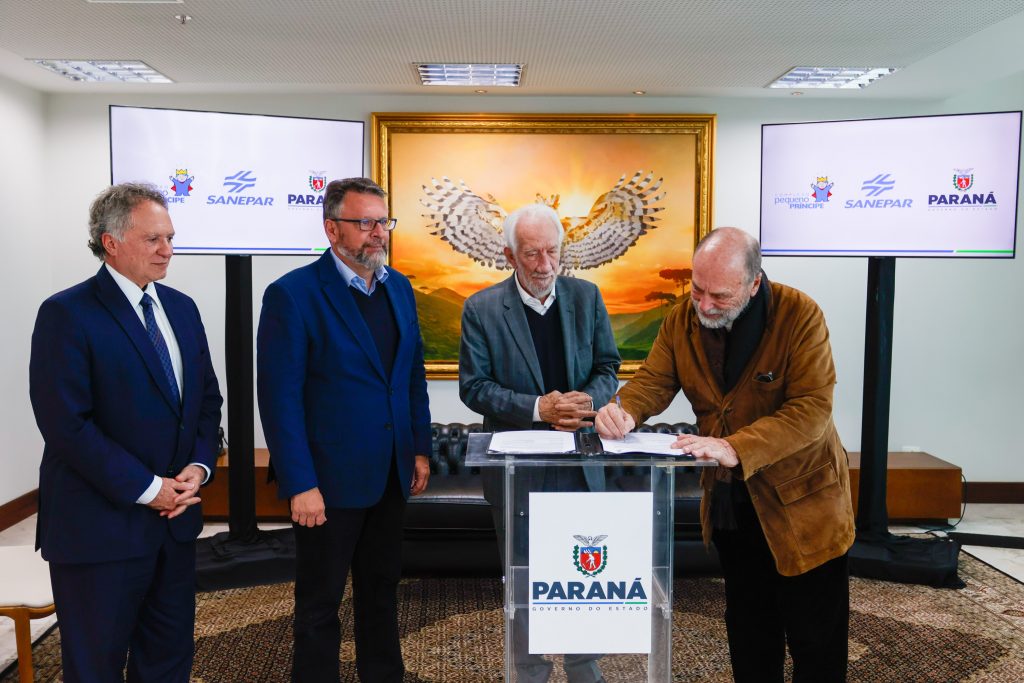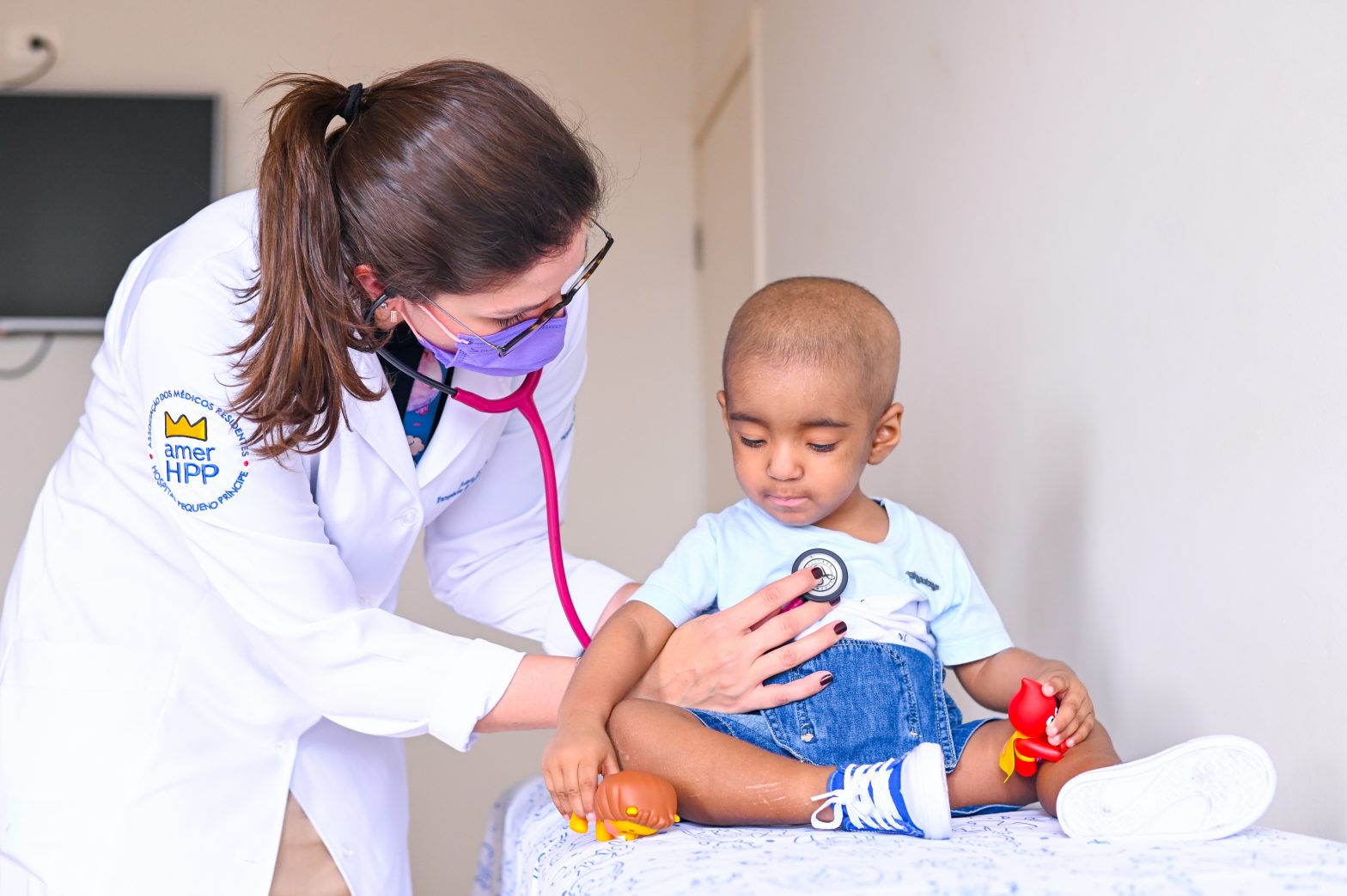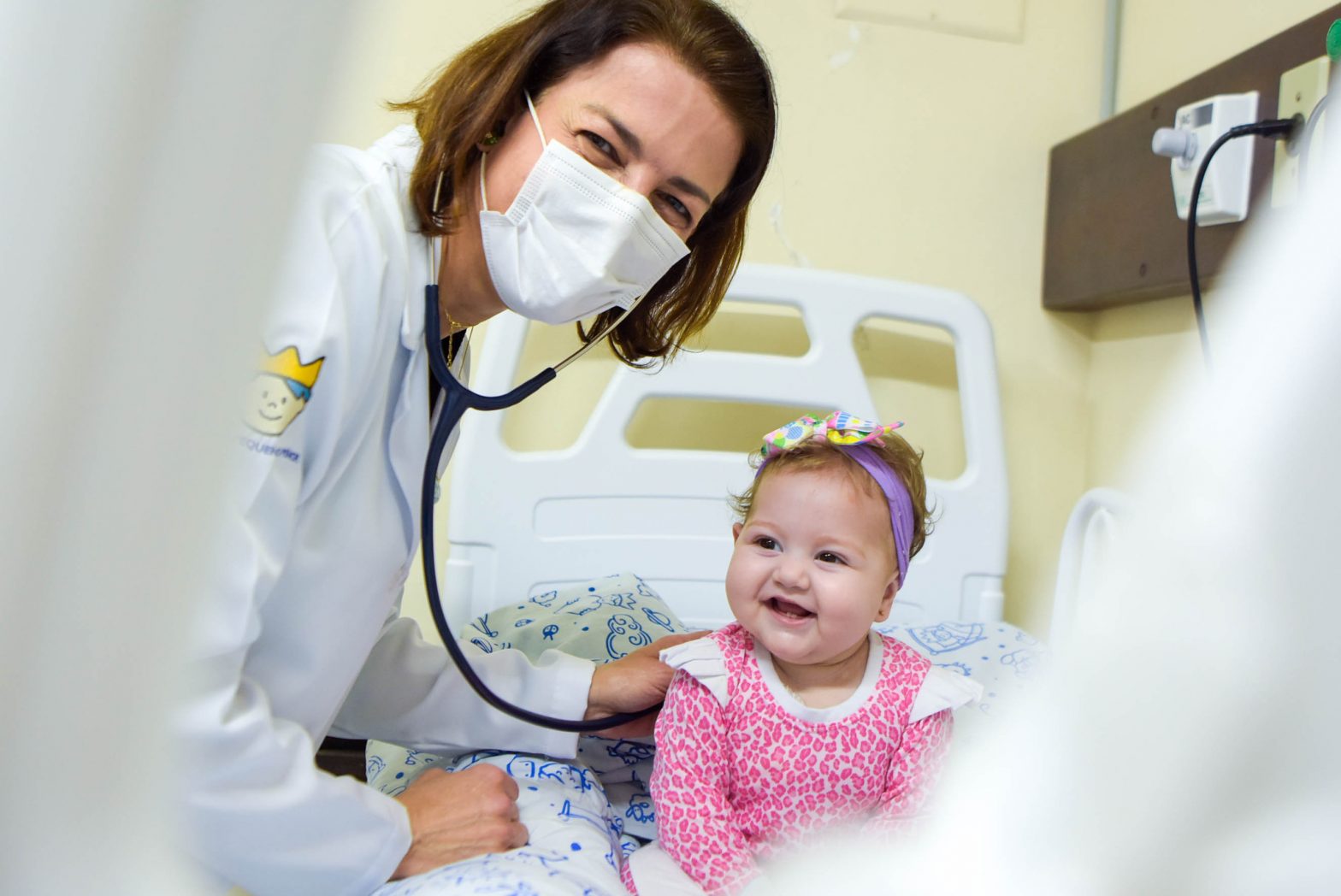Pequeno Príncipe and Sanepar sign a partnership agreement to research hospital effluents
A pioneering initiative in the country will test ways to reduce and eliminate pharmaceutical residues present in sewage, preserving human, animal and environmental health

Based on the knowledge generated in studies carried out by researchers from the Pelé Pequeno Príncipe Research Institute, the Pequeno Príncipe Complex signed in July a partnership with the Paraná Sanitation Company (Sanepar) to seek solutions that contribute to reducing or even eliminating antibiotics and the so-called superbugs present in hospital effluents (sewage). The initiative is unprecedented in the country, and the expectation is that the results obtained from the Paraná experience will serve as a reference and encourage other similar actions.
The problem arises because part of the effluents generated in hospitals is made up of secretions from hospitalized patients who receive a large concentration of medications, which are eliminated by the body through urine and feces. “Some medicines pass through the human body almost unchanged. Eliminated by the sewage, most of them go straight to the treatment plant, where there is no capacity to remove these micropollutants through the conventional filtration system,” explains the research coordinator, pharmacist and biochemist Líbera Maria Dalla Costa, from the Pelé Pequeno Príncipe Research Institute. Today, in Brazil, there is no specific regulation for the treatment of these effluents.

The partnership signed between Pequeno Príncipe and Sanepar aims to present a treatment solution that improves the quality of such waste, combating antimicrobial resistance, which is a global public health problem. The United Nations (UN) has already issued warnings regarding the unsuspecting exposure of people to water contaminated with antibiotics, capable of multiplying pathogens. The proposal envisages the use of prototypes for treating and testing waste and should achieve results in the next two years.
“In Brazil, few institutions research effluents. Mainly looking for solutions such as the development and testing of filter elements that can retain micropollutants, a category of antibiotics. We are confident in the results, which will generate scientific knowledge that will be available to other sanitation companies in the country,” highlights the corporate director of Pequeno Príncipe Complex, José Álvaro da Silva Carneiro.
More
Pequeno Príncipe is among the Brazilian centers that perform BMT for sickle cell anemia
Hereditary disease, caused by a genetic mutation, affects around 8% of the black population in Brazil; BMT is the only curative treatment available in the country
Follow-up with a pediatrician is essential to ensure the full development of children
Less than 10% of the more than 40,000 Brazilian pediatricians provide service under the Brazilian Public Health System








